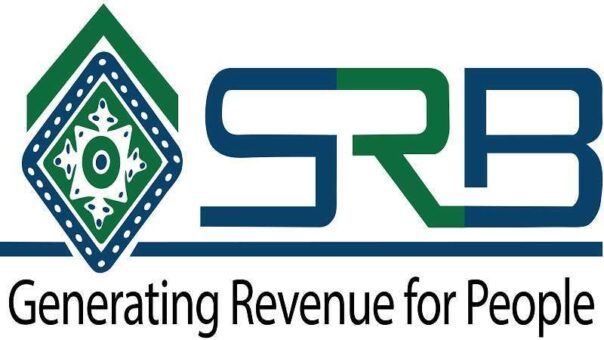Karachi, June 17, 2025 – In a significant move towards international standardization, the Sindh government has proposed adopting the Central Product Classification (CPC) coding system Version 2.1, as issued by the United Nations, for the administration of sales tax on services under the Sindh Finance Bill, 2025.
According to a detailed commentary by PwC A.F. Ferguson & Co., this shift marks a departure from the current classification regime employed under the Sindh Sales Tax on Services Act. Presently, Sindh uses a custom classification structure influenced by the Federal Excise Act, 2005, and Chapter 98 of the Pakistan Customs Tariff. Over time, this structure has undergone various amendments to suit the province’s evolving tax needs. However, it has remained distinct from internationally recognized systems like CPC.
The newly proposed framework will replace existing service classifications with CPC-based codes, aiming to bring greater clarity, uniformity, and transparency to the taxation of services in Sindh. The alignment with CPC will help eliminate discrepancies and confusion in defining taxable services, especially when cross-border service transactions are involved.
By adopting CPC codes, Sindh is expected to enhance efficiency in service classification, improve reporting accuracy, and ensure better compliance through standardization. The transition is also designed to reduce the administrative burden on businesses and taxpayers operating across different jurisdictions.
Furthermore, the Finance Bill seeks to delete several existing service definitions from the Act, signaling a broader transition to the CPC-based framework. The Sindh Revenue Board (SRB) will be empowered to issue classification codes for services via official notification. However, the inclusion or omission of any service in such a list will not automatically affect its taxability under the law.
Importantly, the Bill provides a mechanism for resolving disputes related to the classification of services. If a disagreement arises, the SRB will have the final authority to adjudicate the matter.
The Sindh government’s decision to incorporate CPC in its taxation system marks a forward-looking step that will modernize its services tax regime, bringing it in line with international practices while ensuring flexibility and clarity for both taxpayers and authorities in Sindh.
